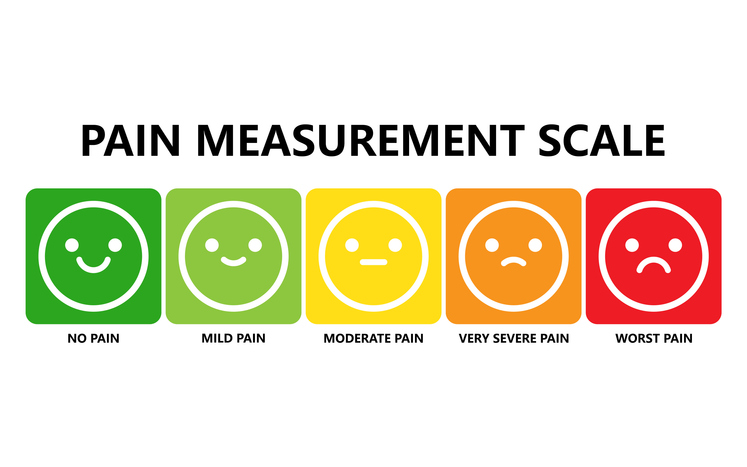Pain
Pain Self-Efficacy Questionnaire

Developed by Michael Nicholas in 2007, the Pain Self-Efficacy Questionnaire (PSEQ) assesses a person's confidence in the ability to manage and carry out tasks despite experiencing pain. It provides insight into how pain affects the ability to maintain a functional lifestyle and engage in everyday tasks.
The PSEQ is used by health care providers to assess individuals with chronic pain, particularly those with musculoskeletal conditions; however, it can be used for all chronic pain populations. The questionnaire helps health care professionals gauge the impact of pain on a person's life and helps identify areas in need of support or intervention.
The Pain Self-Efficacy Questionnaire
The PSEQ contains 10 statements. Each statement is rated on a scale from 0 (not at all confident) to 6 (completely confident) based on how confident the individual is at present. The statements are as follows:
- I can enjoy things, despite the pain.
- I can do most of the household chores (e.g., tidying-up, washing dishes, etc.), despite the pain.
- I can socialize with my friends or family members as often as I used to do, despite the pain.
- I can cope with my pain in most situations.
- I can do some form of work, despite the pain (“work” includes housework, paid and unpaid).
- I can still do many of the things I enjoy doing, such as hobbies or leisure activities, despite the pain.
- I can cope with my pain without medication.
- I can still accomplish most of my goals in life, despite the pain.
- I can live a normal lifestyle, despite the pain.
- I can gradually become more active, despite the pain.
Scoring
Final scores range between 0 and 60. Higher scores indicate greater confidence in managing pain and performing tasks. Average scores (around 40) are associated with effective return to work and maintenance of functional gains. Lower scores (around 30 or below) indicate lower confidence and less sustainable gains.
Additional sources: Physiopedia, Mapi Research Trust, NovoPsych, and Agency for Clinical Innovation: New South Wales Government


















